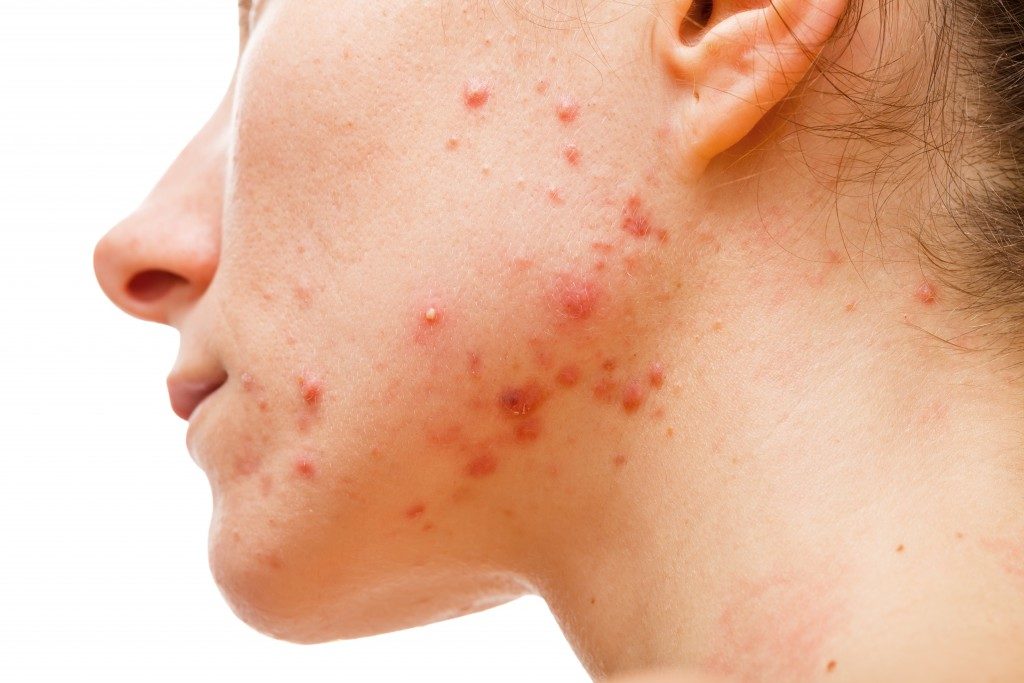When you constantly get bad acne that leave scars on your skin and negatively impact your self-confidence, you need to get professional treatment. There are various severe acne types that result in chronic breakouts.
But while many different treatments work for severe acne, you may need to do some trial and error with help from your local skin doctor in Provo to get the right combination of treatments that will work for you.
What Exactly Is Severe Acne?
That occasional spot, regardless of how inflamed, red and huge it is, might not be enough to be classified as severe acne. Your acne breakout that occurs like clockwork during that time of the month is also not severe enough to warrant extensive treatment that is required for severe acne.
Severe acne is characterized by huge nodules and zits. However, take note that even mild acne that leaves significant scarring can also be classified as severe acne.
What Are the Kinds of Severe Acne?
 Severe acne comes in many types, with the following being the most common:
Severe acne comes in many types, with the following being the most common:
- Nodulocystic Acne – The most distinct characteristic of this is inflamed cysts that are filled with fluid and pus. They could be very massive, like several centimeters big, and usually appear on the face, neck, shoulders, chest and back. You can have individual cysts or a big cluster of cysts everywhere or on only one area of your body. Nodulocystic acne is very hard to treat. However, different treatments can help treat this acne type including acne surgery, corticosteroid injections, isotretinoin medication and antibiotics.
- Gram Negative Folliculitis – This type of infection looks very similar to severe acne breakouts and develops when skin follicles become inflamed due to a bacterial infection. In some cases, it can develop in individuals who are undergoing treatment, like taking oral or topical antibiotics for an extended period, to address another type of severe acne. Like all forms of severe acne, it can be immensely tough to treat. However, certain antibiotics such as trimethoprim and ampicillin, as well as medications such as isotretinoin can be very effective, for treating gram negative folliculitis.
- Acne Fulminans – This severe acne type is marked by a severe and sudden inflammation of the body. Studies have found that its common cause is a surge in male hormones during adolescence. Symptoms typically include fever, severe acne and bleeding ulcers on the upper body, sudden weight loss, joint inflammation and pain usually in the hips and knees, and swelling of the liver and spleen. Common treatments include NSAIDs or non-steroidal anti-inflammatory drugs, corticosteroids and isotretinoin to reduce inflammation. Since this severe acne type is recurrent, long-term treatment and monitoring are required.
If you fail to address these severe forms of acne, you will face significant damage such as scarring and hyperpigmentation, and emotional issues such as low self-esteem and even depression. With this in mind, if you suspect that you suffer from any kind of severe acne, it is best to consult a dermatologist as soon as possible to get prompt and accurate treatment.

